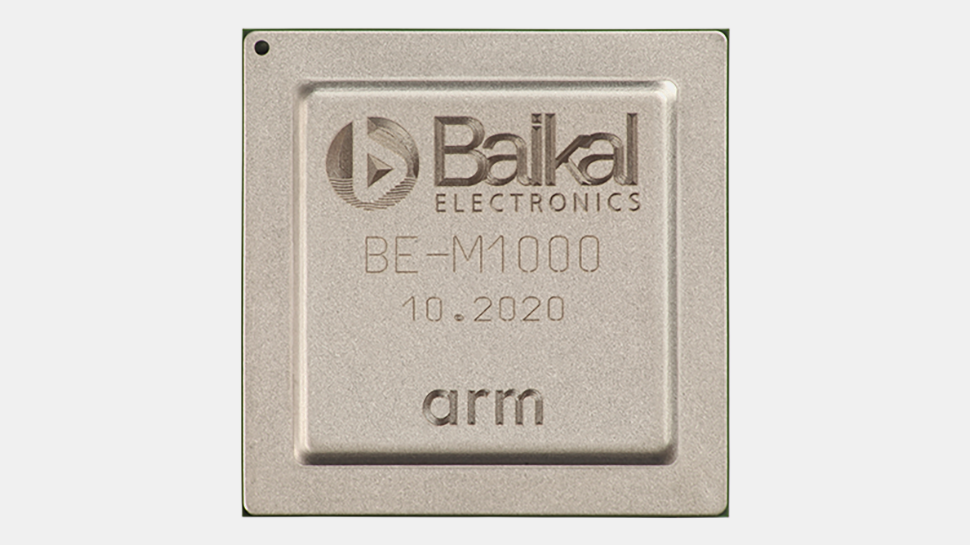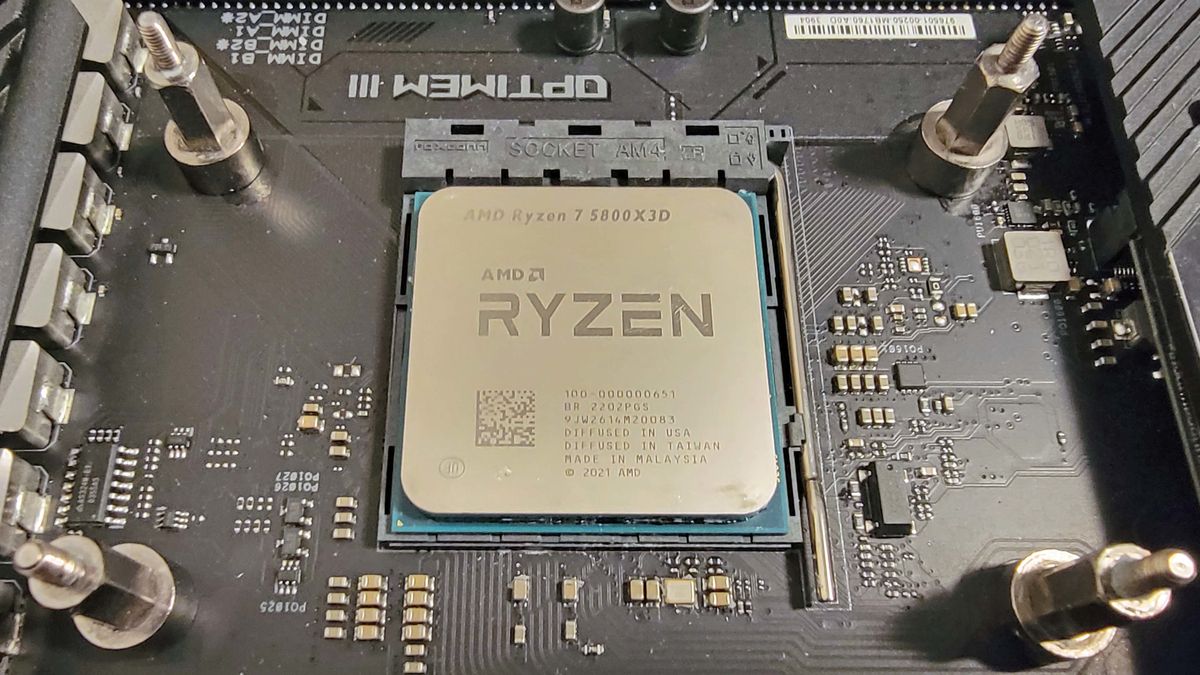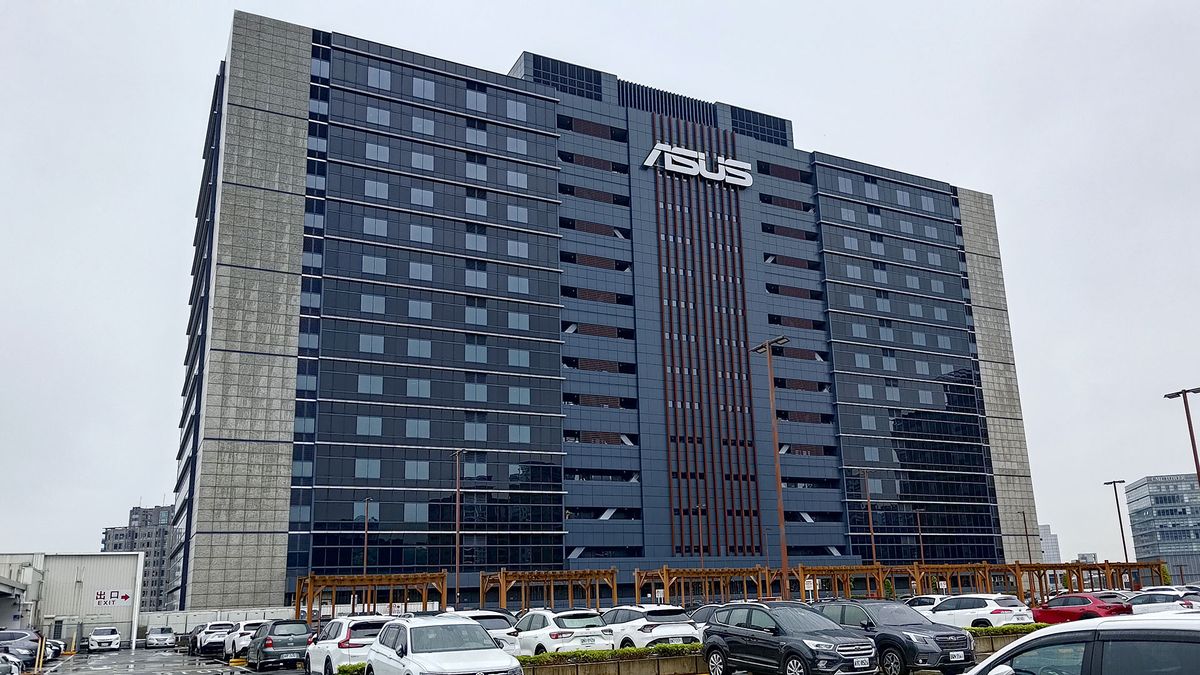Baikal Electronics, a Russian CPU developer, has managed to produce and sell 85,000 of its processors between its founding in 2012 and the end of 2024. Although the company has designed CPUs for all types of applications, the majority of 85,000 units were low-end Baikal-T for embedded applications that the company obtained before 2022, reports CNews. It seems the company's management is looking to create more CPUs do address the need for domestic PCs
Baikal Electronics had delivered 17,000 processors to the Russian market as of 2019. At that time, the company operated with a single office and employed 81 people. By the end of 2024, chip volumes had grown fivefold, reaching 85,000 units, while the company expanded to four offices and doubled its headcount to 200 employees, according to a presentation by Andrey Evdokimov, chief executive of Baikal. That is all despite the company's bankruptcy in mid-2023.
To put the 85,000 number into perspective, the industry shipped 262.7 million client PCs (based on CPUs from AMD, Apple, Intel, and Qualcomm), around 144 million tablets (featuring CPUs from Apple, MediaTek, Qualcomm, Unisoc, Samsung, and Huawei), and around 1.239 billion smartphones in 2024, each containing one processor.
The 85,000 units include all three families of Baikal processors: Baikal-T1 (dual-core 32-bit MIPS P5600 at 1.20 GHz, 5W, 28nm) for embedded and telecommunication applications, Baikal-M (eight-core Arm Cortex-A57 at 1.50 GHz with Arm NEON, eight Arm Mali-T628 GPU, 8MB L3, 35W, 28nm) for client PCs, and Baikal-S (48 Arm Cortex-A75 cores at 2.50 GHz, six 72-bit DDR4 memory interfaces, N16FFC). Among them, Baikal-T accounted for the majority of shipments. Furthermore, all of these chips were manufactured before 2022 at TSMC in Taiwan and imported into the country over many years.
Taiwan, the U.S., and Europe imposed sanctions against Russia in early 2022 after the country entered into a full-scale war against Ukraine. The Taiwanese government perhaps imposed the strictest export controls on processors that can be shipped to Russia and Belarus. As a result, Russia-based companies like Baikal Electronics can only procure 32-bit CPUs operating at frequencies of up to 25 MHz and offering performance of up to 5 GFLOPS from Taiwanese companies, which pretty much excludes any cmodern technology, including the Baikal-T1, which is believed to offer performance of around 9.6 FP32 GFLOPS.
Although Baikal has reportedly attempted to smuggle already-produced processors to Russia, it has apparently failed. CNews notes that Baikal-T1 chips were confiscated while entering Belarus from Latvia.
"150,000 Baikal-M processors were seized in Taiwan," Evdokimov said in an interview with CNews. "As for Baikal-S, 15,000 units were ordered, but the order was canceled."
Evdokimov also noted that the company had begun mass production of its own microcontroller in April, but did not reveal any technical details or specifications.
Baikal Electronics plans to start manufacturing its Baikal-L processor intended for mobile devices such as laptops and tablets, which will enable to company to address client PC devices once again. In addition, the company is reportedly gearing up to produce Baikal-S2 CPU for data centers. Both devices are expected to be made by China-based SMIC.
Follow Tom's Hardware on Google News to get our up-to-date news, analysis, and reviews in your feeds. Make sure to click the Follow button.

 7 months ago
70
7 months ago
70










 English (US) ·
English (US) ·